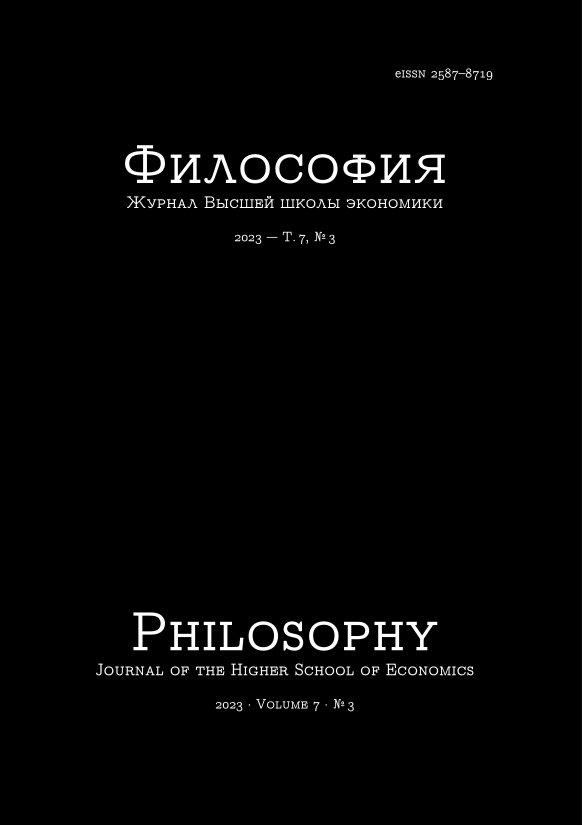Creative Educational Practices for Sustainable Futures
Abstract
The development of creativity in educational and pedagogical practices is analyzed in the article as a foundation of modern educational policy focused on sustainable futures. The article demonstrates the importance of three approaches for practices of creative teaching and creative learning: enactivism, complex systems theory, and multiverse conceptions. Enactivism focuses on building creative and interactive educational environments and on developing the creativity of individuals from the environment. A system approach based on understanding the dynamics of complex processes that give rise to new unusual, emergent qualities makes it possible to understand the ways of awakening the abilities of students in the joint activities of teacher and students. The conceptions of many worlds (multiverse) justify the multivariance of development and the existence of alternatives both in the present and in the future, and an increase in diversity today leads to the sustainability of tomorrow's growth. It is shown that thinking which proliferates many possibilities, the courage to ask questions, interactivity and game, emotional intelligence and the ability to imagine, mindfulness and immersion, self-determination and the ability to take responsibility for the risk taken become necessary components of educational spaces in which creativity is in demand both on the part of students and teachers. Creative pedagogy is participatory, devoid of a mentoring tone on the part of the teacher, it becomes an educational adventure with an open end, in which mutual stimulation and personal growth occur. Creative pedagogy gives value to the acquisition of such knowledge, which is a tool for obtaining new knowledge, as well as the connection of thinking and action, which is key to developing the ability to respond to the challenges of innovative social development.
Downloads
Copyright (c) 2023 Philosophy Journal of the Higher School of Economics

This work is licensed under a Creative Commons Attribution-NonCommercial 4.0 International License.






